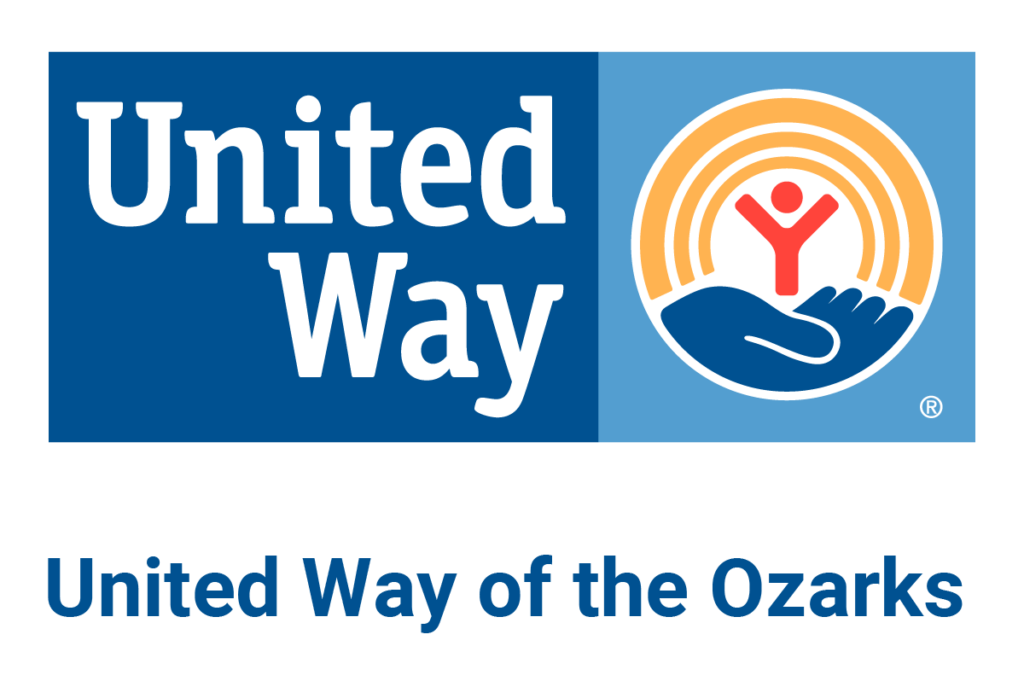Maggie Middleton has been a LifeCoach at I Pour Life for over a year. She shares the value in having a strong safety net of trusted individuals and the struggles youth may experience by living in rural Missouri.
The transition from being a teenager to an adult can be challenging. As a teenager, you are fully aware of possible milestones you might seek to achieve, such as graduating high school, getting a job, attending college, purchasing a vehicle, or renting your first apartment.
One thing that is not commonly discussed is how many times in this transition and life you might fail or how many times you will be knocked backward when trying to move forwards. Artist Yoann Bourgeois created a visual example of this as he performs an acrobatic routine that showcases him falling off a staircase and then bouncing back up off a trampoline. You witness a repeated process of the artist climbing, falling, and bouncing back until he reaches the top. If you have not seen this video, search it up!
As a Lifecoach, we often have a front-row seat as our youth ensue on their stair climb, and we witness each barrier that essentially knocks them back down. It is no fun when we are sitting with the youth on the trampoline, looking up at the mountain of a staircase, trying to encourage yet another leap. Thinking back to your transition into adulthood, you might be familiar with some of the barriers you faced. Perhaps your car broke down on your way to work, or your landlord tells you he is selling the apartment, and you must find somewhere else to live. What helped you persist through your barriers?
As a teenager, I was fortunate to have a strong safety net of trusted individuals and a community rooting for me. I knew they would be there if I ever needed advice or assistance. I had ups and down like all teenagers, but it made me more confident and secure in building my future. Eventually, my career path led me into the nonprofit sector, where I worked in an emergency services position in Northeast Missouri. In this position, I helped direct individuals experiencing poverty toward basic needs and resources. This job could sometimes be highly despairing, but I salute all who serve in that capacity!
While working with these individuals, I saw firsthand rural Missouri barriers. On top of the crises, these individuals experienced homelessness, food insecurity, lack of transportation, lack of safe and affordable housing, and lack of access to education and health services, to name a few. It is tough to see folks deciding whether to put fuel in their car to go to work or pay the water bill to avoid a service disconnect.
After becoming a LifeCoach, I often think back to some of the clients I served and wonder what if they had had that one person earlier to help them become more comfortable in their skills and help build their confidence. Would these crises be reduced or eliminated? In hindsight, this question cannot be answered. However, thinking back to your teenage barriers and how you persisted, the odds are high that you either had intense personal grit or a few trusted people you could call on to help you process your dilemma. Many youth who enter our LifeStrengths program have limited social capital; they may lack those few trusted people to help ease their way into adulthood.
This is where coaching can be exciting, as we can help our youth build their social capital and community engagement. If our youth tells us they are the only ones that they can depend on, we can add another dependable number to the start of their social circle.
Starting with ourselves, we add one number towards developing a trusted relationship in the youth’s life. Next, the coaching relationship can help introduce the youth to our community partners and guide them toward positive engagements in our social capital club.
After several coaching sessions, one of my former youth told me about her experience when preparing to take her Hiset exam at a local community college. She took a leap and randomly talked to a person waiting in the room with her; it turned out this was a professor for that local community college. She engaged in conversation, and at the end, the professor told her that she should consider college and that he would be happy to help her if she had any questions about how to put in an application; he even gave her his business card. From that engagement, this youth started to explore her college options. A possibility was awakened within herself with this new connection.
Barriers are always going to exist in one form or another for everyone. It is essential when celebrating your successes also to acknowledge the process! Pay homage to the sweat and tears that lead you toward goal achievement. Also, take notice of how your social capital influenced your journey. Helping our youth cultivate positive relationships and grow their network is vital to developing resilience to bounce back from adversity.






